A recent study showed an increased risk of postpartum depression in women of advanced maternal age. Specifically, first time moms between the ages of 40-44 had statistically higher rates of depression than women ages 30-35.
The MGH Center for Women’s Mental Health reported on the article, which was published last month in a Canadian journal of Obstetrics and Gynaecology. The researchers did not uncover WHY older mothers are at an increased risk for postpartum depression, but they did have two theories. One, they believe it is possible that first time moms over 40 may have more difficultly during pregnancy and a more difficult adjustment to motherhood. Another possibility is that older moms may feel less peer support if they are at a parenting mismatch with other women in their social groups or community. For example, if friends their age have older children, they wouldn’t be in the same stage of parenting. And it is possible they may not feel as connected to or as much in common with first time moms who are 15-20 years younger.
Abby’s solutions for preventing postpartum depression in first-time moms over the age of 40:
First, let’s get rid of the term “advanced maternal age,” or –even worse– “elderly.” What woman wants to hear that label?!
But seriously, let’s address the first theory: INDIVIDUAL THERAPY with a psychotherapist who specializes in perinatal issues, including support through fertility, pregnancy, postpartum and adjusting to parenthood, is invaluable for making the transition to parentood, at any age. Even more so for women who have had full lives, careers and a little more life experience. In addition to my own private practice in San Diego, the Postpartum Health Alliance Directory lists approved psychologists and psychotherapists around the county who are qualified to treat women with perinatal mood and anxiety disorders. Postpartum Progress lists referrals for postpartum depression treatment programs and specialists throughout the US, Canada, the UK and Australia.
Secondly, how can we help PREVENT SOCIAL ISOLATION? I believe moms at any age have to put effort into finding new social groups and communities. Start with striking up conversations in childbirth preparation classes, breastfeeding support groups and new mom support groups. I personally met my “mama tribe” by attending breastfeeding support groups with my first baby. Another mom suggested we start a playgroup with our babies, who were all about three months old. As it turned out, we only later realized that the moms’ ages ranged at least 15 years. It was much less important to our friendships than our babies’ ages. Read more ways to meet and create your tribe here.
Sources:
Muraca GM, Joseph KS. The association between maternal age and depression. J Obstet Gynaecol Can. 2014 Sep;36(9):803-10.
Ruta Nonacs, MD PhD. MGH Center for Women’s Mental Health. Blog post, “Older Moms at Higher Risk for Depression.” 10-23-14.
Image credit:
Hyena Reality via FreeDigitalImages.net



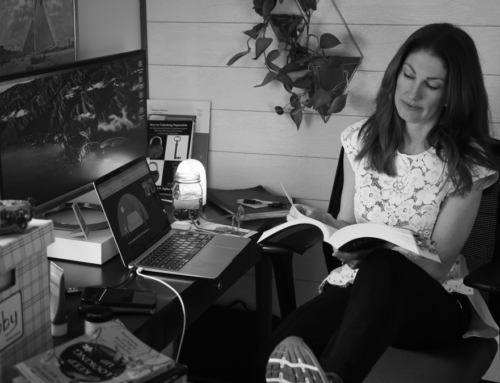
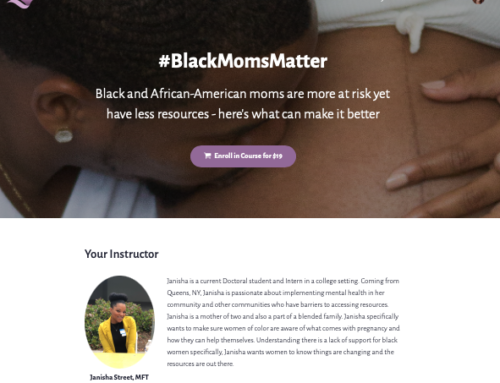
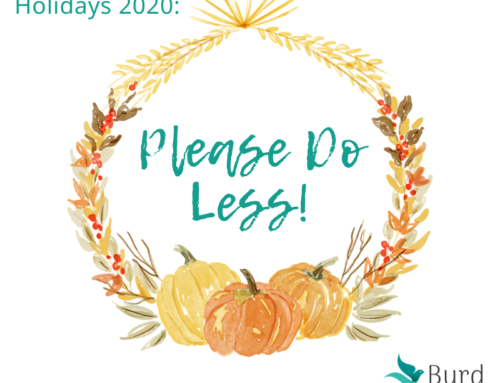
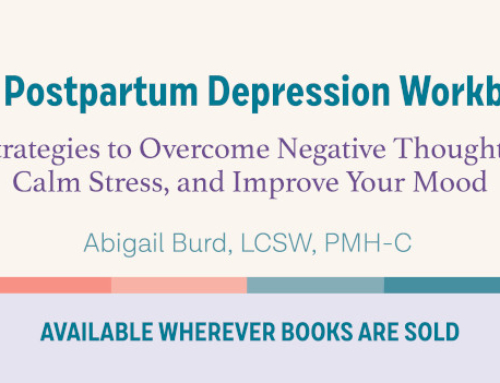
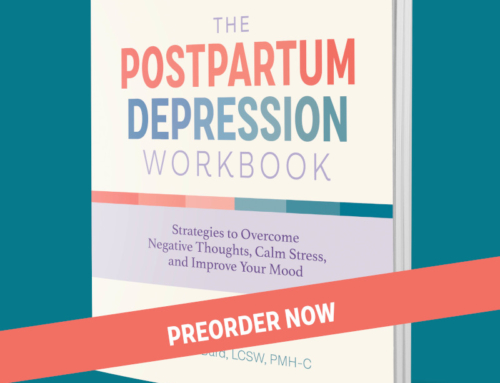
What are your thoughts?